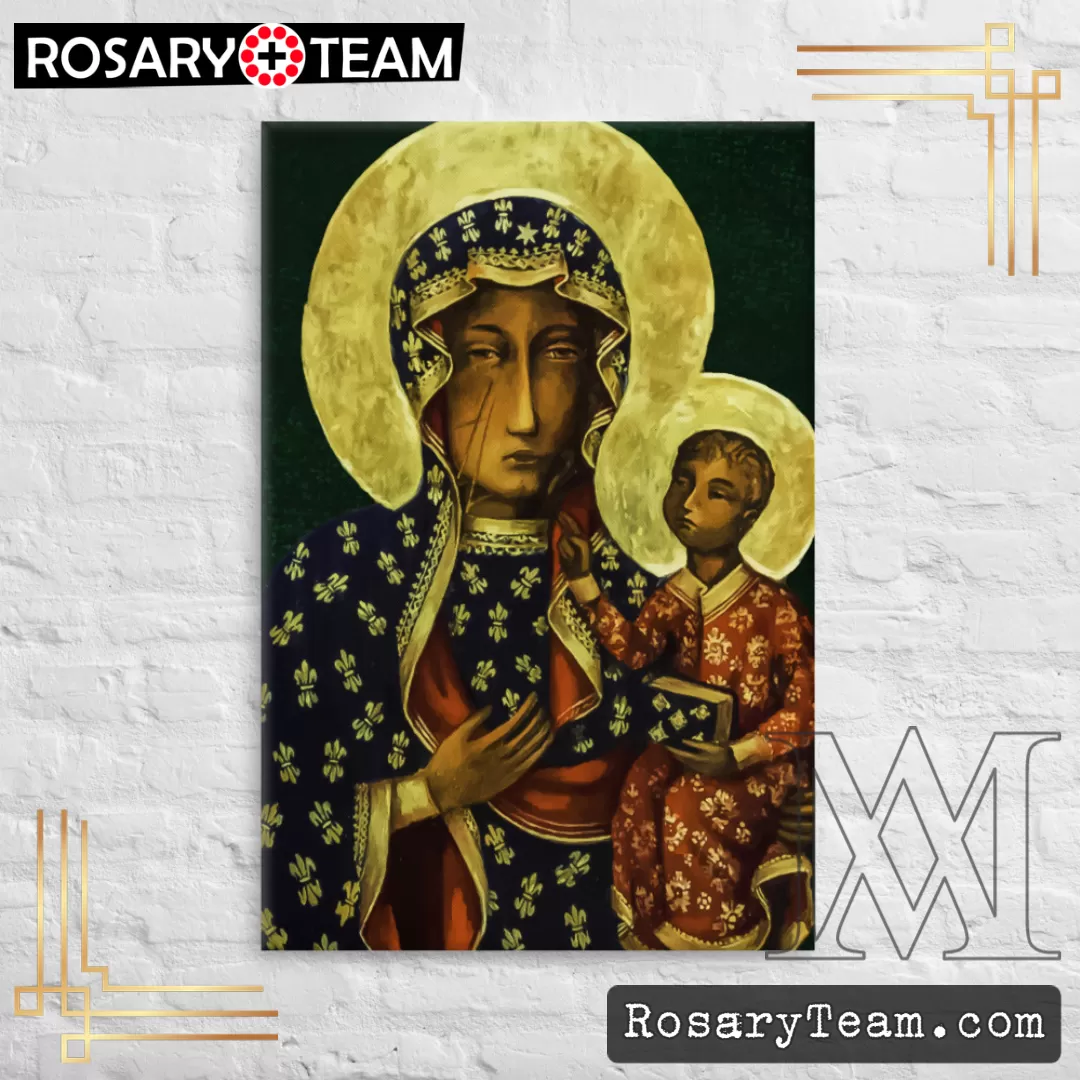Thursday, May 16 : Holy Gospel of Jesus Christ according to Saint John 12,37-43.
Although he had performed so many signs in their presence, they did not believe in him.
This was to fulfil the word spoken by the prophet Isaiah: ‘Lord, who has believed our message, and to whom has the arm of the Lord been revealed?’
And so they could not believe, because Isaiah also said,
‘He has blinded their eyes and hardened their heart, so that they might not look with their eyes, and understand with their heart and turn and I would heal them.’
Isaiah said this because he saw his glory and spoke about him.
Nevertheless many, even of the authorities, believed in him. But because of the Pharisees they did not confess it, for fear that they would be put out of the synagogue;
for they loved human glory more than the glory that comes from God.
maronite readings – rosary,team























